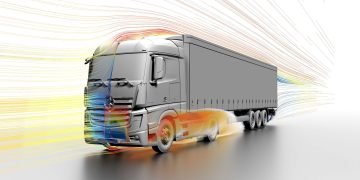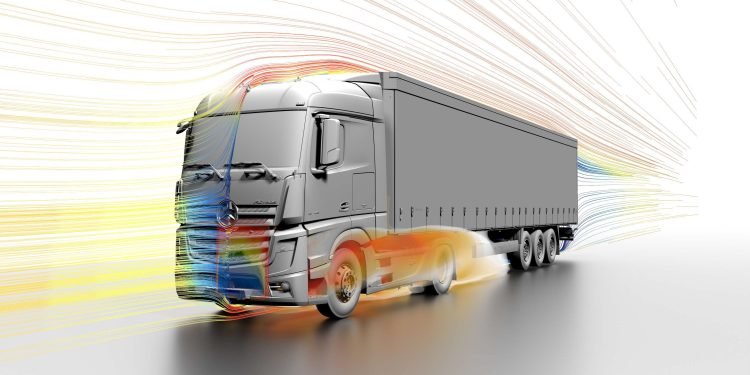The race to electrify the trucking industry just got a high-voltage boost. Leading commercial vehicle manufacturer Daimler Trucks and technology giant Siemens announced a strategic partnership to develop next-generation charging infrastructure specifically designed for heavy-duty electric trucks. This collaboration signifies a crucial step towards overcoming a major hurdle in widespread electric truck adoption and paves the way for a cleaner future for freight transportation.
The Challenge of Charging Electric Trucks
Electric trucks offer significant environmental benefits, but their adoption is hampered by the lack of robust charging infrastructure. Current charging systems designed for passenger EVs are inadequate for the high-power needs of heavy-duty electric trucks.
Daimler Trucks and Siemens: A Powerful Partnership
Daimler Trucks, a leader in electric truck development, and Siemens, a powerhouse in electrification and charging technology, are combining their expertise to create innovative charging solutions specifically for electric trucks. Their collaboration focuses on:
- High-Power Charging Systems: Developing charging stations capable of delivering the megawatt-level power needed to rapidly charge large electric truck batteries.
- Depot Charging Solutions: Designing efficient charging infrastructure for depots and terminals where electric trucks typically return at the end of their routes.
- Standardization Efforts: Collaborating with industry stakeholders to establish common charging standards for electric trucks, ensuring compatibility across different manufacturers and fleets.
Benefits of Next-Gen Charging Infrastructure
Developing a robust and efficient charging network is crucial for the success of electric trucks:
- Faster Charging Times: High-power charging systems will significantly reduce charging times for electric trucks, keeping them on the road longer and minimizing downtime.
- Operational Efficiency: Strategic placement of charging stations at depots and along key routes will optimize electric truck operations and range anxiety.
- Industry-Wide Adoption: Standardized charging infrastructure will encourage wider adoption of electric trucks by reducing compatibility concerns for fleet operators.
Challenges and Considerations
Despite the promising partnership, challenges remain:
- Infrastructure Investment: Building a nationwide network of high-power charging stations requires significant investment in infrastructure and grid upgrades.
- Renewable Energy Integration: Ensuring the electricity used to power charging stations comes from renewable sources is crucial to maximize the environmental benefits of electric trucks.
- Permitting and Regulations: Navigating permitting processes and developing clear regulations for high-power charging infrastructure will be essential for smooth implementation.
By joining forces, Daimler Trucks and Siemens are electrifying the future of trucking. This strategic partnership has the potential to accelerate the transition to electric trucks, leading to a cleaner and more sustainable transportation landscape.























